World Bank Group President David Malpass has expressed worry that the debt burden of some countries has become unsustainable and also getting worse as a result of what he called the current era of high inequality and reversals in global development progress, describing it as a “time of upheaval”.
He regretted that reversals in development have continued to threaten people’s lives, jobs, livelihoods, and sustenance while in many places around the world, poverty is rising, living standards and literacy rates are falling.
“Reversals in development threaten people’s lives, jobs, livelihoods, and sustenance. In many places around the world, poverty is rising, living standards and literacy rates are falling, and past gains on gender equality, nutrition and health are sliding backwards.
“For some countries, the debt burden was unsustainable before the crisis and is getting worse. Rather than gaining ground, the poor are being left behind in a global tragedy of inequality. This drastic narrowing of economic and social progress is creating a time of upheaval in economics, politics and geopolitical relationships,’’ Malpass said in press statement emailed to Persecondnews.
He, however, outlined steps to help boost economic growth, shorten the crisis, resume development, and lay a strong foundation for a future that is more prosperous and better prepared for global disasters such as COVID-19.
Speaking in Khartoum as the first World Bank Group President to visit Sudan in nearly 40 years, Malpass noted recent progress the country has achieved: “Over the past few years, you have made a tremendous effort to put people on a forward path, amid very adverse conditions. Two years ago, Sudan’s transitional government inherited a deeply damaged economy and society that had suffered decades of conflict and isolation.
“Even as the people resolved to break with the past, Sudan faced extraordinary headwinds: from the COVID-19 pandemic, from a locust plague, from unprecedented floods, and an inflow of refugees escaping conflict from across the border.”
“Yet the country pressed forward with bold reforms, re-engaging with the international community, clearing World Bank arrears with the help of a U.S. bridge loan, and in June reaching the decision point for the Heavily Indebted Poor Countries – or HIPC – initiative…While there is much work ahead, I commend the Sudanese authorities, civil and military, for their efforts and achievements in working together toward a better future.
“It is critical to avoid political slippages because there is no development without peace and stability. I would also like to acknowledge the remarkable resilience of the Sudanese people – your drive to build a better Sudan despite the challenges is truly inspiring.”
Malpass noted the global pandemic had taken massive toll on poverty: “The COVID-19 crisis has resulted in increased poverty rates again after decades of steady decline. It has pushed nearly 100 million people into extreme poverty, with several hundred million more becoming poor, many of them in middle-income countries.”
He said while a turnaround is possible, risks remain. He recalled how the deadly Spanish Flu of 1918-20 was followed by extremely rapid economic growth – but also by wider inequality, and dangerous financial vulnerabilities that culminated in the prolonged Great Depression.
Malpass posed a question for the international community: What should we do to boost growth that is inclusive, broad-based, and sustainable and avoid a lost decade for development? “First, we need a stronger focus on the key priorities, with clarity on how we approach and measure them…And second, we need much bigger scale to achieve impact.”
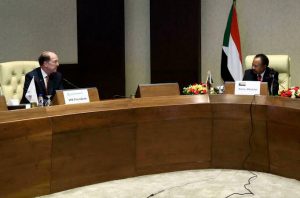
The World Bank chief identified four areas in which determined action should make a difference: achieving economic stability; leveraging the digital revolution; making development greener and more sustainable; and investing in people.
According to Malpass, many developing countries made extraordinary efforts to support their people and keep economic activity going during the pandemic.
“Many have gone beyond what they could afford, especially as debt in developing economies was at record highs when the pandemic hit.”
“When the debt service suspension initiative – or DSSI – expires at the end of this year, low-income countries that resume debt service payments will see their fiscal space shrink to purchase vaccines and finance other priority expenditures, Malpass said.
“It is time to pursue a gradual and people-oriented fiscal consolidation and restructure unsustainable debt. Enhanced and accelerated implementation of the G20’s Common Framework will be critical on this front.”
Malpass called for greater global cooperation, including private sector participation, to provide debt relief to the world’s poorest countries and fund growth-enhancing investments.
“In Sudan, for example, global cooperation that included the U.S., France and the UK helped the country clear its arrears with the World Bank, IMF and other IFIs, making possible more than $50 billion in debt relief in what will be the largest HIPC initiative ever.”
In addition to better debt management, Malpass said countries have to eliminate wasteful public expenditures, make service delivery more efficient, and reallocate public resources to their most productive uses.
“This is also a time for proactive debt management to reprofile payments while international interest rates remain low. There need to be concrete steps to improve the transparency of debt contracts, increase accountability and ensure decisions draw on comprehensive information.
“Lower-income countries need to prioritize concessional financing and avoid the high interest rate financing that has become increasingly problematic. Focusing this agenda for each country and measuring the progress will be critical.”
“The faster adoption of digital solutions can radically expand access to finance and create new economic opportunities,’’ Malpass said, noting that digital solutions can increase competition in product markets and enable people to sell services online, connecting them to national and global markets.
“Supporting this transformation requires many actions at scale: investing in digital infrastructure, eliminating monopolies in the telecom sector, providing national IDs, and creating an enabling regulatory environment.
“The digital revolution can also transform the public sector. For example, it allows a radical rethink of safety nets systems. Across the world we are seeing programs move from in-kind and cash delivery to digital delivery, direct to people’s bank accounts or visible on their phones.
“Similarly, in both the formal and informal sectors, new payment systems enable daily purchases through phones, using QR codes and other technologies. Kenya and many other African countries have extensive experience on this,” said Malpass.
Malpass noted that the international community is strongly committed to slowing the increase in atmospheric carbon and to reducing climate impacts on the most vulnerable.
“A key step is to stop the creation of new coal-fired plants, decommission existing ones, and substitute them with cleaner sources of electricity. We should support countries in a “just” transition, which includes taking care of the workers affected.
“This is also the time to reinvigorate often-stalled power sector reforms. Energy subsidies are expensive and distortive, while removing them needs to be done in ways that solve underlying inefficiencies and increase access. Aiming for clean, affordable energy requires competition in electricity generation and distribution, as well as a truly independent regulator…Transportation is another major source of emissions.
“With more urbanization expected in developing countries, infrastructure and design of cities can make an enormous difference. Instead of sprawling metropoles where commuters spend hours on the road, governments can aim for more compact cities with efficient and clean public transportation systems.
“In the climate change efforts, both mitigation and adaptation, and the development effort more broadly, we need to prioritize and focus efforts for the largest impact per dollar spent and look for solutions that are rapidly scalable,’’ he also stressed.
As a way out, Malpass asked governments across the world to invest in people’s long-term health and education – the human capital agenda.
He said:“Strengthening education and health systems takes more than just providing budgetary resources in an efficient and prioritized way. For example, aligning incentives for teachers and health care providers – public or private – with the needs of the people they serve is important. And finding scalable solutions to enhance health care and improve the quality of education, including through distance learning, is also critical.
READ ALSO: David Malpass is new World Bank President
“Nowhere is human capital accumulation more important than in conflict-affected countries, where most poor people live today. Assisting refugees and host communities is a key priority. Security is essential, but soldiers can’t win the battle of development. Change is more likely to come from small victories won across millions of households over time.
“The World Bank Group is uniquely endowed and positioned to support countries with the four priorities I have outlined — through finance and know-how for governments, while mobilizing the private sector. We have unmatched experience working with countries, using technical experts across all the key sectors.”
On how to combat reversals in development, the World Bank boss stated:“This unprecedented crisis has set in motion a time of upheaval. The many choices in coming years will determine whether developing countries suffer a lost decade or can usher in rapid growth and economic transformation.
“To succeed requires the active participation of the public and private sectors across countries, civil societies and foundations, indeed the whole international community working together. These efforts require leaders to be ambitious for the prosperity of people. And they require focus and scale throughout our development work.”



















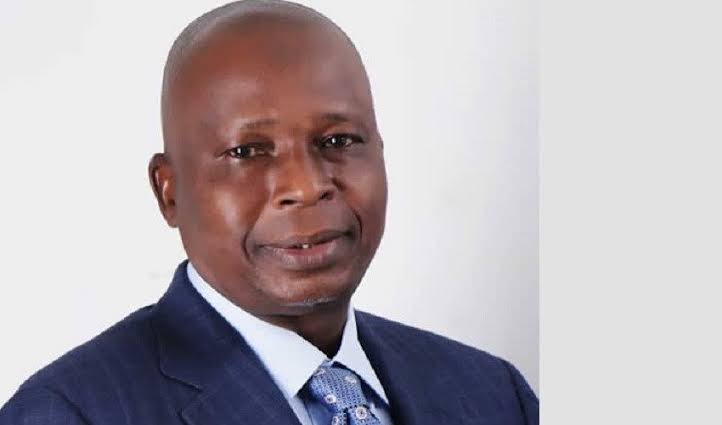





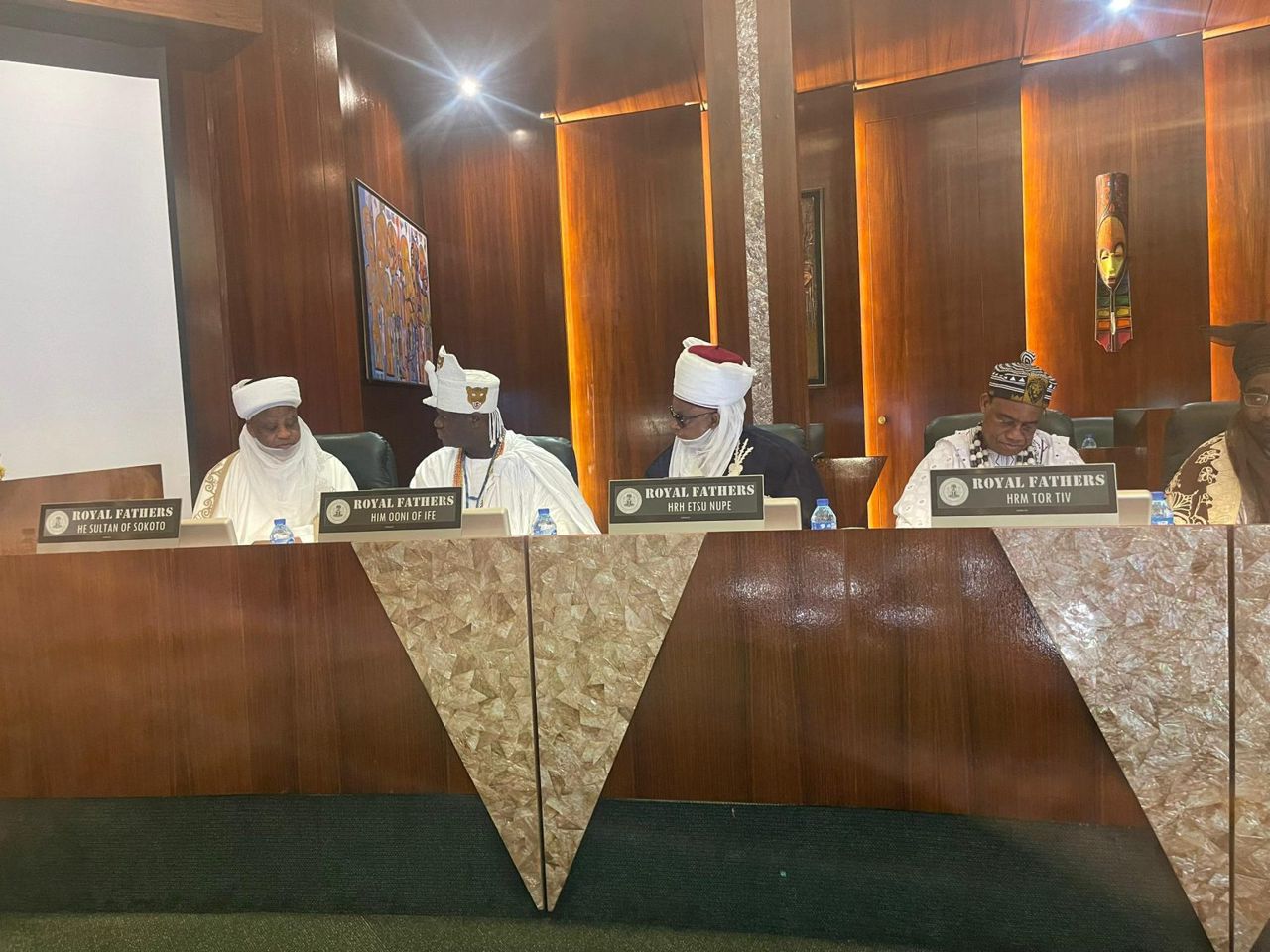




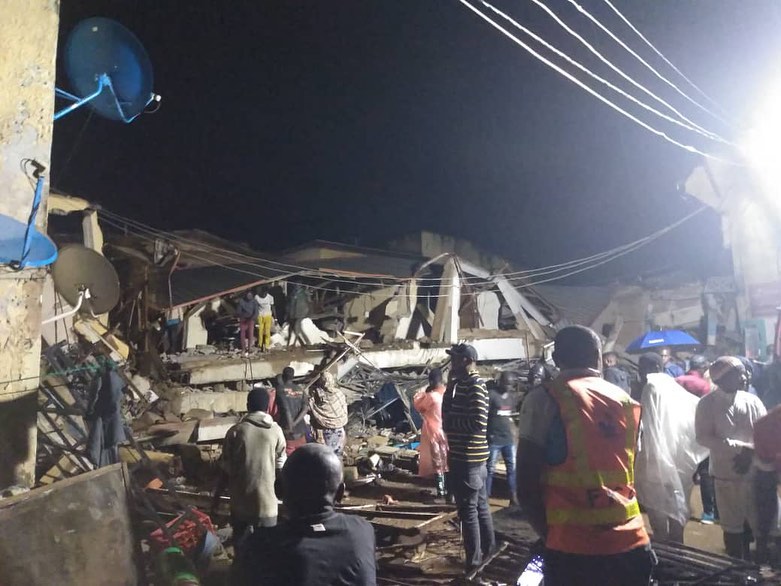
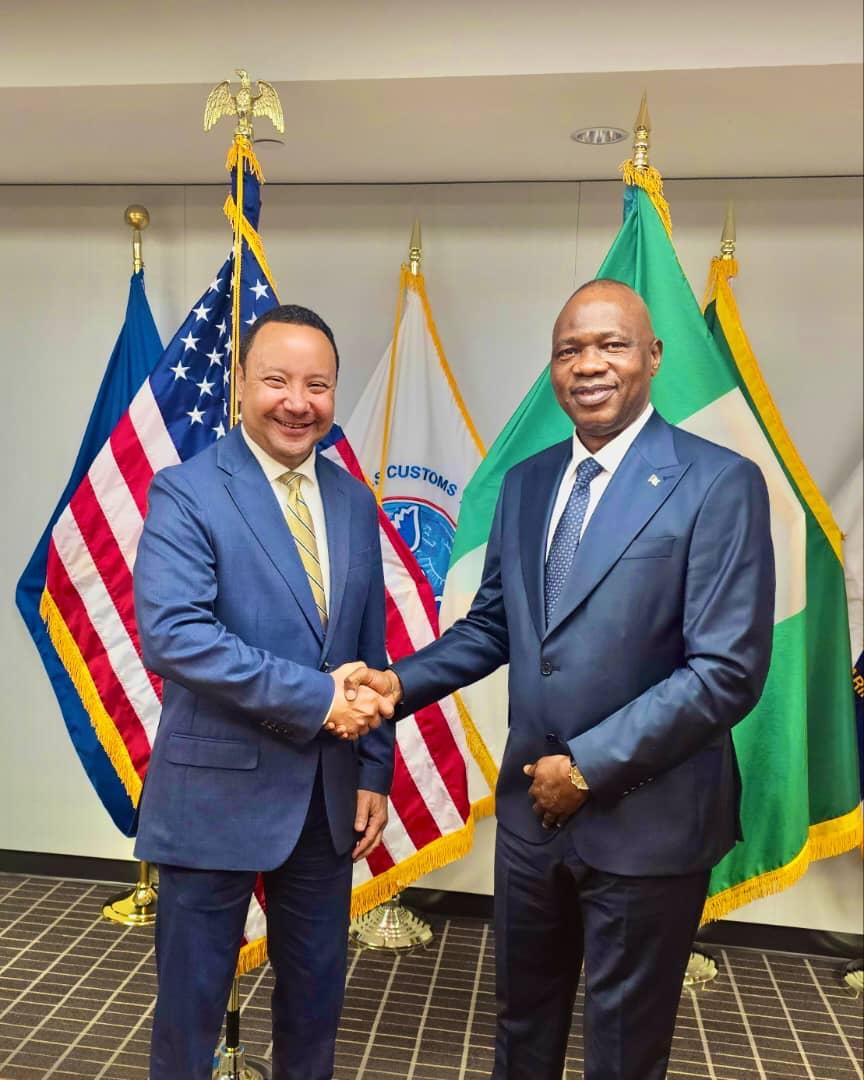



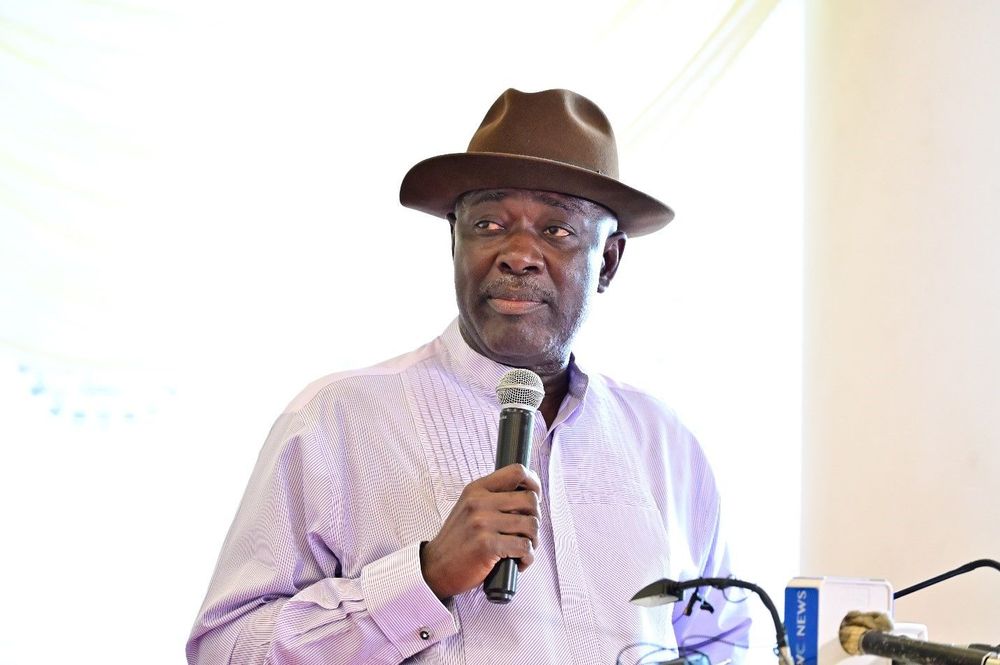

Leave a comment